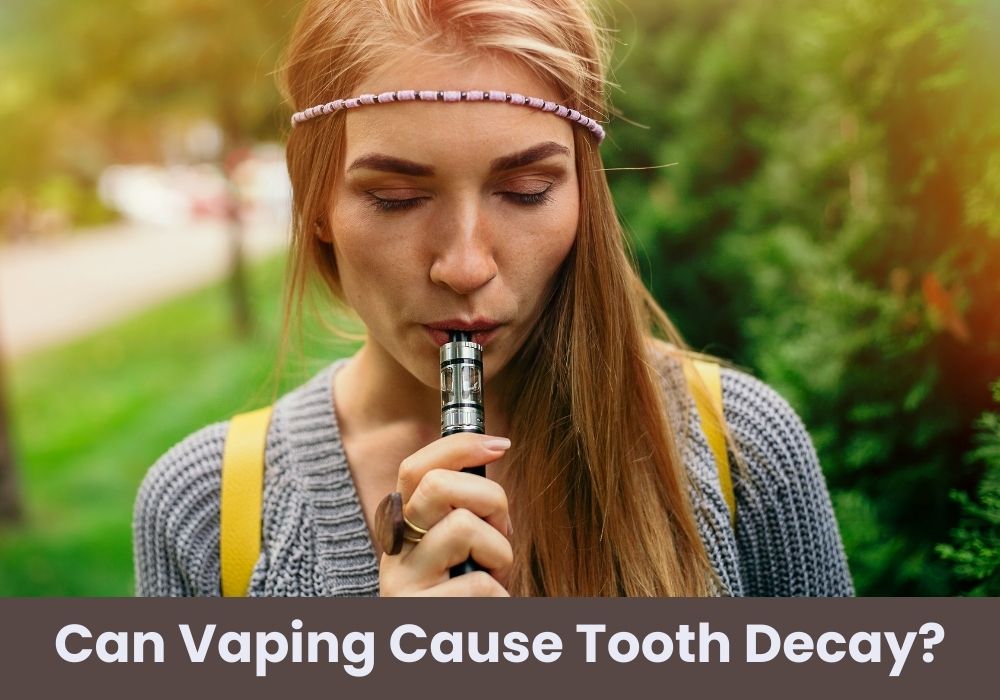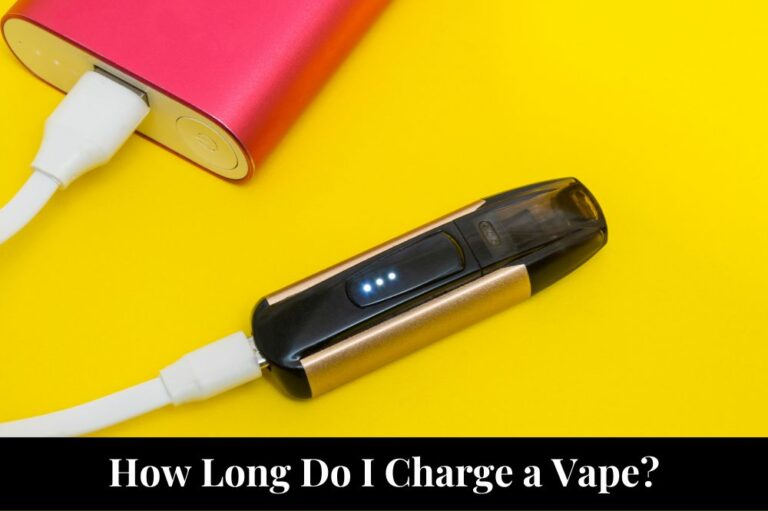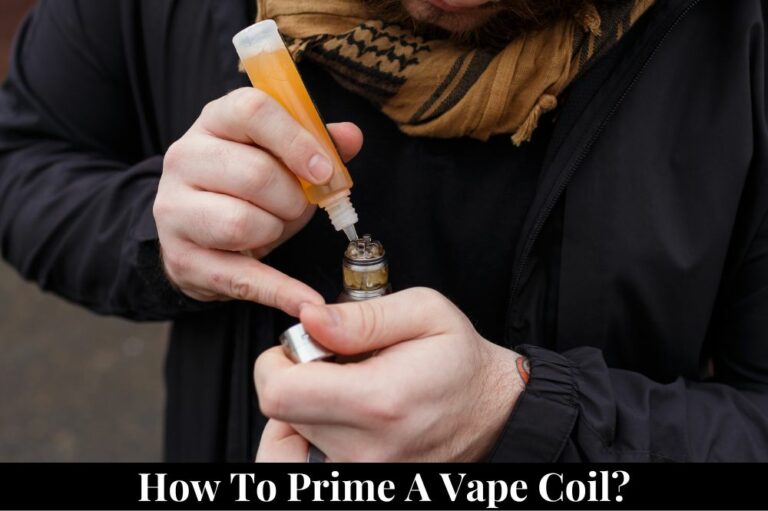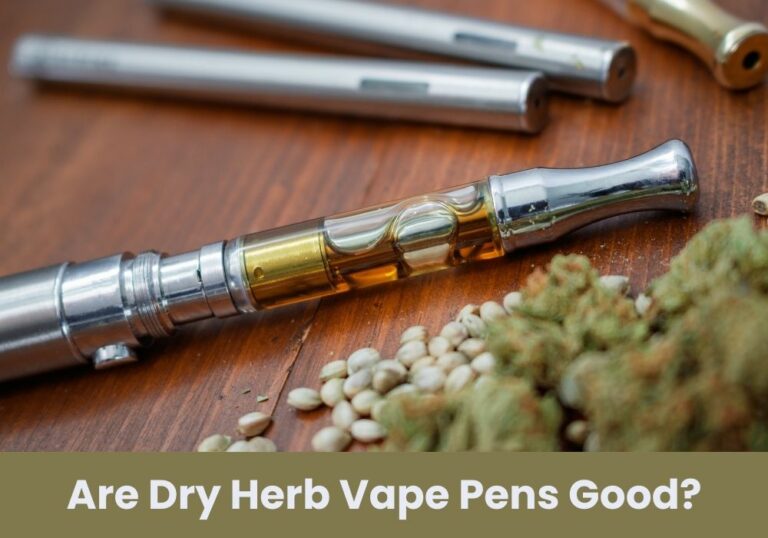
If you’re a vaper, you may be wondering whether vaping can cause tooth decay. The answer is yes, vaping can increase your risk of dental decay and cavities. According to a new cross-sectional study, e-cigarettes or vapes are associated with a higher risk of dental decay and cavities.
Vaping involves inhaling aerosolized liquid, which contains nicotine, flavorings, and other chemicals. These chemicals can damage your teeth and gums, leading to tooth decay, gum disease, and other oral health problems. The study found that vapers are more likely to have cavities and tooth decay than non-vapers.
One of the main culprits behind vaping-related tooth decay is propylene glycol (PG), a synthetic carrier product with a slightly sweet taste that is used in many e-cigarettes. PG can dry out your mouth, which can lead to a decrease in saliva production. Saliva helps to neutralize the acid produced by bacteria in your mouth, which can erode your tooth enamel and lead to cavities. When your mouth is dry, you’re more susceptible to tooth decay and other oral health problems.
Understanding Vaping
Vaping is the act of inhaling and exhaling the vapor produced by an electronic cigarette or other vaping device. Vaping devices come in different shapes and sizes, but most of them work in a similar way. They have a battery that powers a heating element, which vaporizes a liquid (e-juice or vape juice) that contains nicotine, flavorings, and other chemicals.
When you inhale the vapor, it goes into your lungs, and the nicotine and other chemicals are absorbed into your bloodstream. Vaping is often promoted as a safer alternative to smoking because it doesn’t involve burning tobacco, which produces harmful chemicals like tar and carbon monoxide. However, vaping still involves inhaling chemicals into your lungs, and the long-term health effects of vaping are not yet fully understood.
One of the concerns about vaping is its potential impact on oral health. Some studies suggest that vaping can increase the risk of tooth decay and cavities. This is because the chemicals in the vape juice can change the pH balance in your mouth, making it more acidic and damaging your teeth.
SPIRITBAR Katana BP10000
- Slender, leather-textured body reminiscent of a katana handle for an authentic samurai feel
- Unique samurai-inspired e-liquid flavor - fruity yet not too sweet, with a luxurious, elegant aroma
- Powerful 650mAh rechargeable battery for extended vaping time
- Large 18ml e-liquid capacity and 10,000 puff capacity
- Advanced mesh coil and e-liquid & power display screens for optimal vaping experience
The special juice captures the essence of the samurai spirit with its rich, smoothly pulsating flavor that brings new satisfaction with every puff. The device's slender, leather-textured design evokes the grip of a samurai's katana, making this product a perfect choice for beginner vapors.
Another concern is the effect of vaping on the oral microbiome, which is the collection of microorganisms (bacteria, viruses, and fungi) that live in your mouth. Vaping can alter the balance of the oral microbiome, making it more hospitable to bacteria that cause tooth decay and gum disease.
Overall, while vaping may be a less harmful alternative to smoking, it is still important to be aware of its potential impact on your oral health. Regular dental check-ups and good oral hygiene habits are essential for maintaining healthy teeth and gums, whether you vape or not.
SPIRITBAR Jack’s Flask 9000 Puffs
- Stylish pirate flask-shaped body providing an exciting vaping experience
- Delivering up to 9000 puffs per device
- 20ml e-liquid capacity with 50mg nicotine strength for satisfying throat hit
- Specialized pirate-themed e-juice flavors for rich, swirling taste
- Premium mesh coil optimizes flavor profile for maximum vaping enjoyment
This disposable vape captures the daring spirit of the high seas with its flask styling and signature pirate e-juice flavors. The extraordinary battery life provides 9000 indulgent puffs for extended vaping pleasure. Live boldly and freely with the Jack's Flask - a legendary vaping experience fit for a pirate's adventures.
Components of Vaping Liquids
When you vape, you inhale an aerosol that contains various chemicals, including nicotine, heavy metals, and flavorings such as diacetyl. These substances can have negative effects on your oral health, including tooth decay and cavities.
One common ingredient in many vaping liquids is propylene glycol. This substance acts as an antifreeze and has water absorption properties. As you inhale, the propylene glycol absorbs the moisture from your mouth and throat, leading to dry mouth. This condition can cause an increase in bacteria and plaque buildup, which can lead to tooth decay and gum disease.
Another ingredient found in vaping liquids is vegetable glycerin. This substance can also contribute to dry mouth, which can increase the risk of tooth decay. Additionally, some flavorings used in vaping liquids contain sugar, which can feed bacteria in your mouth and promote tooth decay.
It’s important to note that the long-term effects of vaping on oral health are still being studied. However, it’s clear that vaping can have negative effects on your teeth and gums. If you choose to vape, it’s important to practice good oral hygiene habits, such as brushing and flossing regularly and visiting your dentist for checkups and cleanings.
Effects of Nicotine on Oral Health
Nicotine is a highly addictive substance found in both traditional cigarettes and e-cigarettes. When nicotine is inhaled, it can cause a variety of negative effects on your oral health. Here are some of the ways nicotine can impact your teeth and gums:
- Reduced blood flow: Nicotine constricts blood vessels, which can reduce blood flow to your gums. This can cause your gums to recede, exposing the roots of your teeth and making them more vulnerable to decay.
- Dry mouth: Nicotine can also reduce saliva production, leading to dry mouth. Saliva helps to neutralize acid in your mouth and wash away food particles, so a lack of saliva can increase your risk of tooth decay and gum disease.
- Increased inflammation: Nicotine can cause inflammation in your gums, which can lead to redness, swelling, and bleeding. This inflammation can also make it easier for bacteria to enter your bloodstream and cause infections in other parts of your body.
- Delayed healing: Nicotine can slow down the healing process in your mouth, making it harder for your gums to recover from infections or injuries.
Overall, nicotine can have a significant impact on your oral health. If you use e-cigarettes or traditional cigarettes, it’s important to be aware of the potential risks and take steps to protect your teeth and gums.
Impact of Vaping on Oral Microbiome
Electronic cigarettes or vapes are becoming increasingly popular as an alternative to traditional tobacco smoking. However, research has shown that vaping can have negative effects on oral health, including tooth decay and cavities. In this section, we will discuss the impact of vaping on the oral microbiome, specifically changes in oral bacteria and their role in tooth decay.
Changes in Oral Bacteria
The oral microbiome is a diverse community of bacteria that live in the mouth. These bacteria play an important role in maintaining oral health, but changes in the composition of this microbiome can lead to oral diseases such as tooth decay and gum disease. Research has shown that vaping can alter the oral microbiome, leading to an increase in harmful bacteria and a decrease in beneficial bacteria.
SPIRITBAR Katana BP10000
- Slender, leather-textured body reminiscent of a katana handle for an authentic samurai feel
- Unique samurai-inspired e-liquid flavor - fruity yet not too sweet, with a luxurious, elegant aroma
- Powerful 650mAh rechargeable battery for extended vaping time
- Large 18ml e-liquid capacity and 10,000 puff capacity
- Advanced mesh coil and e-liquid & power display screens for optimal vaping experience
The special juice captures the essence of the samurai spirit with its rich, smoothly pulsating flavor that brings new satisfaction with every puff. The device's slender, leather-textured design evokes the grip of a samurai's katana, making this product a perfect choice for beginner vapors.
A study published in the Journal of the American Dental Association found that people who reported vaping had a higher risk of tooth decay and cavities than those who did not vape. The study reviewed thousands of patient records from a university dental clinic and found that vapers had a higher prevalence of Streptococcus mutans, a type of bacteria that is known to cause tooth decay.
Role in Tooth Decay
Tooth decay occurs when the bacteria in the mouth produce acid that erodes the tooth enamel. This can lead to cavities and other oral health problems. Vaping can contribute to tooth decay by altering the oral microbiome and promoting the growth of harmful bacteria.
In addition to changes in the oral microbiome, vaping can also lead to dry mouth, which can increase the risk of tooth decay. Dry mouth occurs when the mouth does not produce enough saliva to keep it moist. Saliva helps to neutralize acid and wash away food particles and bacteria from the teeth and gums. Without enough saliva, the risk of tooth decay and other oral health problems increases.
In conclusion, vaping can have negative effects on oral health, including tooth decay and cavities. Vaping can alter the oral microbiome, leading to an increase in harmful bacteria and a decrease in beneficial bacteria. This can contribute to tooth decay and other oral health problems. If you are a vaper, it is important to maintain good oral hygiene practices, such as brushing and flossing regularly, and to visit your dentist for regular check-ups and cleanings.
Dry Mouth and Vaping
If you are a vaper, then you may have experienced dry mouth at some point. This is because vaping can reduce saliva production, leading to dry mouth. Saliva plays a crucial role in maintaining oral health, and reduced saliva flow can lead to a variety of oral health problems, including tooth decay.
According to a study from Tufts University School of Dental Medicine, there is an association between vape use and an increased risk of dental caries, commonly known as cavities. Specifically, people who vape are more likely to develop cavities than those who do not.
Dry mouth caused by vaping can be worsened by mouth breathing, which is common among vapers. Some studies suggest that the chemicals found in e-cigarette vapor can damage salivary glands, leading to reduced saliva flow.
To reduce the risk of dry mouth and tooth decay, it is important to stay hydrated by drinking plenty of water. You can also try chewing sugar-free gum to stimulate saliva production. Additionally, it is important to maintain good oral hygiene habits, such as brushing twice a day and flossing daily.
If you are experiencing dry mouth or other oral health problems, it is important to talk to your dentist. Your dentist can help you develop a plan to maintain good oral health while still enjoying vaping.
Vaping and Gum Disease
If you are a vaper, you might be putting your oral health at risk. Studies have shown that vaping is linked to an increased risk of gum disease. Gum disease is a bacterial infection that affects the tissues that support your teeth. If left untreated, gum disease can lead to tooth loss.
According to a study from Tufts University, the microbes present in people who vape are associated with periodontitis, a severe gum infection that is also common in smokers of traditional cigarettes. Another study from NYU found evidence for vaping’s role in gum disease.
Nicotine, whether smoked or vaped, restricts blood flow to the gums, which can contribute to periodontal disease. The fluid in e-cigarettes, which can include propylene glycol, benzene, formaldehyde, and other chemicals, only increases the risks.
In addition to the increased risk of gum disease, vaping can also cause dry mouth, bad breath, and stain teeth. Dry mouth can lead to bad breath because saliva helps to wash away bacteria and food particles in the mouth. Stained teeth can be difficult to remove and can impact your smile.
To protect your oral health, it is important to quit vaping or never start. If you are a current vaper, make sure to practice good oral hygiene by brushing twice a day, flossing daily, and visiting your dentist regularly.
Oral Health Care for Vapers
If you are a vaper, it is important to take care of your oral health to prevent tooth decay and gum disease. Here are some tips on how to maintain good oral hygiene:
- Brush your teeth at least twice a day with fluoride toothpaste. This helps to remove plaque and prevent cavities.
- Floss at least once a day to remove food particles and plaque from between your teeth and along the gum line.
- Use mouthwash to kill bacteria and freshen your breath. Look for a mouthwash that contains fluoride to help protect your teeth.
- Drink plenty of water to keep your mouth hydrated. This helps to prevent dry mouth, which can lead to bad breath and tooth decay.
- Avoid sugary and acidic foods and drinks, as they can erode your tooth enamel and cause cavities.
- Schedule regular dental check-ups and cleanings with your dentist. They can detect and treat any dental problems early on, before they become more serious.
By following these simple tips, you can help protect your teeth and gums from the harmful effects of vaping. Remember, good oral hygiene is essential for maintaining a healthy smile and overall well-being.








